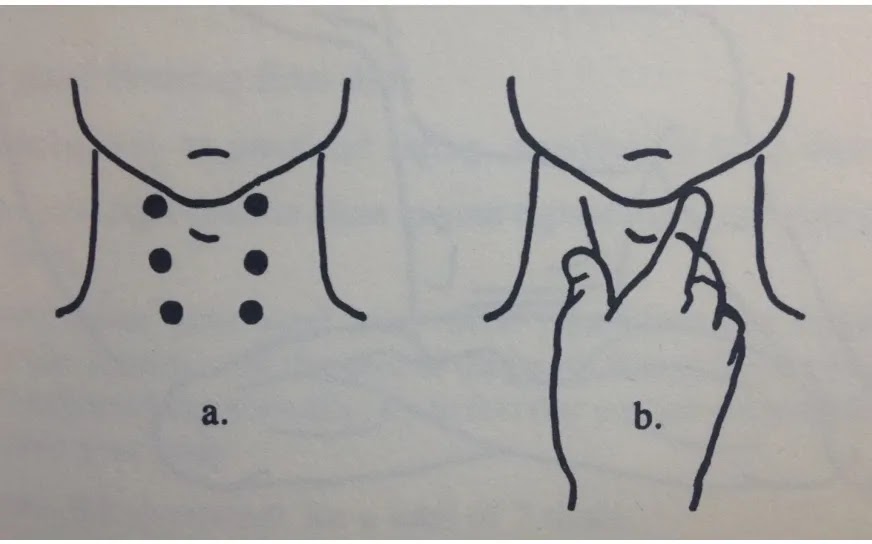Hair loss, medically known as alopecia, is a common concern affecting both men and women. It can have various causes, including genetic predisposition, hormonal imbalances, underlying medical conditions, and lifestyle factors. One such hormonal imbalance that can contribute to hair loss is related to the thyroid gland and its hormones.
The thyroid gland, a small butterfly-shaped gland located in the neck, produces hormones that play a crucial role in regulating metabolism, growth, and development throughout the body. Thyroid hormones, primarily thyroxine (T4) and triiodothyronine (T3), are responsible for controlling numerous bodily functions, including hair growth and maintenance.
Understanding Thyroid Hormones:
Thyroid hormones are intricately involved in the hair growth cycle. Hair follicles, the tiny structures from which hair grows, undergo a continuous cycle of growth (anagen phase), rest (telogen phase), and shedding (exogen phase). During the anagen phase, the hair follicles actively produce new hair strands, while the telogen phase is a resting phase before the hair sheds and the cycle begins again.
Role of Thyroid Hormones in Hair Growth:
Thyroid hormones influence hair growth by regulating the speed and duration of each phase in the hair growth cycle. When the thyroid gland is functioning normally, the hormones maintain a delicate balance to ensure healthy hair growth. However, when an imbalance occurs, it can disrupt the hair growth cycle, leading to hair loss.
WHEN YOUR HORMONES GET OUT OF WHACK AS A RESULT OF thyroid disease, your whole body can feel off-kilter. Your weight, your mood, and even your thinking can be affected, and you may have a host of other physical symptoms, too. Hair loss is a common side effect of thyroid disease, but it’s not a permanent problem, as long as you get the treatment you need .
A person’s hair follicles follow natural cycles of hair growth and inactive phases. At any particular time, the majority of a person’s hair is growing, while a small percentage of it remains at the resting stage. When changes in an individual’s body throw it off cycle, too much hair can rest at any one time, while not enough is in the growing stage. Actually, this results in the thinning of the hair, excessive hair loss, and ultimately, balding .
Numerous medical conditions cause hair loss, and thyroid illness is a commonplace culprit. Thyroid problems include both underactive thyroid (hypothyroidism) and an overactive thyroid (hyperthyroidism). As hair growth relies on the correct functioning of your thyroid, any abnormal levels of hormones produced by the thyroid gland will result in changes to an individual’s hair. This could be in combination with many other adverse side effects, especially if it’s left untreated .
When an individual has too much thyroid hormone being released, the hair on their head can become thin and fine all over the scalp. If there is not enough of this hormone, there might be hair loss, which can be anywhere on the body and not just on the scalp .
Oddly, if you take levothyroxine as a treatment for an underactive thyroid, this can contribute to some of your hair loss, along with other side effects. This only seems to be common during the first month of treatment, and more often in younger children, rather than adults. Looking at natural treatments is always recommended, because Big Pharma and western medicine doesn’t always take into account the natural methodologies of health. See a professional if you need more advice, because thyroid issues can be detrimental if left untreated .
SOLUTION - THYROID MASSAGE
MERELY BY MASSAGING THE THYROID REGION CAN RELEASE energy into the thyroid to help it function on a more regular and cyclical level. Metabolism can be improved with this, and it enables the body to eradicate more poisons and toxins, too.
Hair loss associated with thyroid hormones is a common concern that affects individuals with both hyperthyroidism and hypothyroidism. The delicate balance of thyroid hormones plays a vital role in maintaining healthy hair growth cycles. When disrupted, these imbalances can lead to hair thinning, shedding, and changes in hair texture. By addressing the underlying thyroid condition and seeking appropriate medical guidance, individuals can effectively manage hair loss and restore healthy hair growth patterns.


Fabulous and useful blog i need this thanks for sharing
ReplyDeleteCNA in Coachella